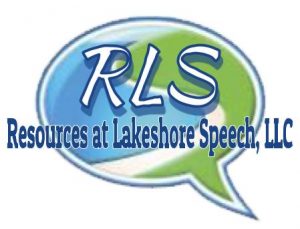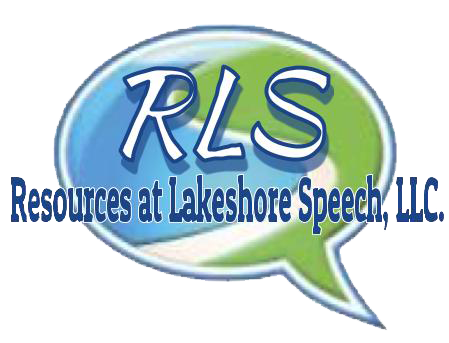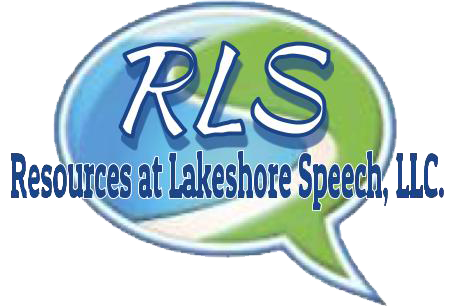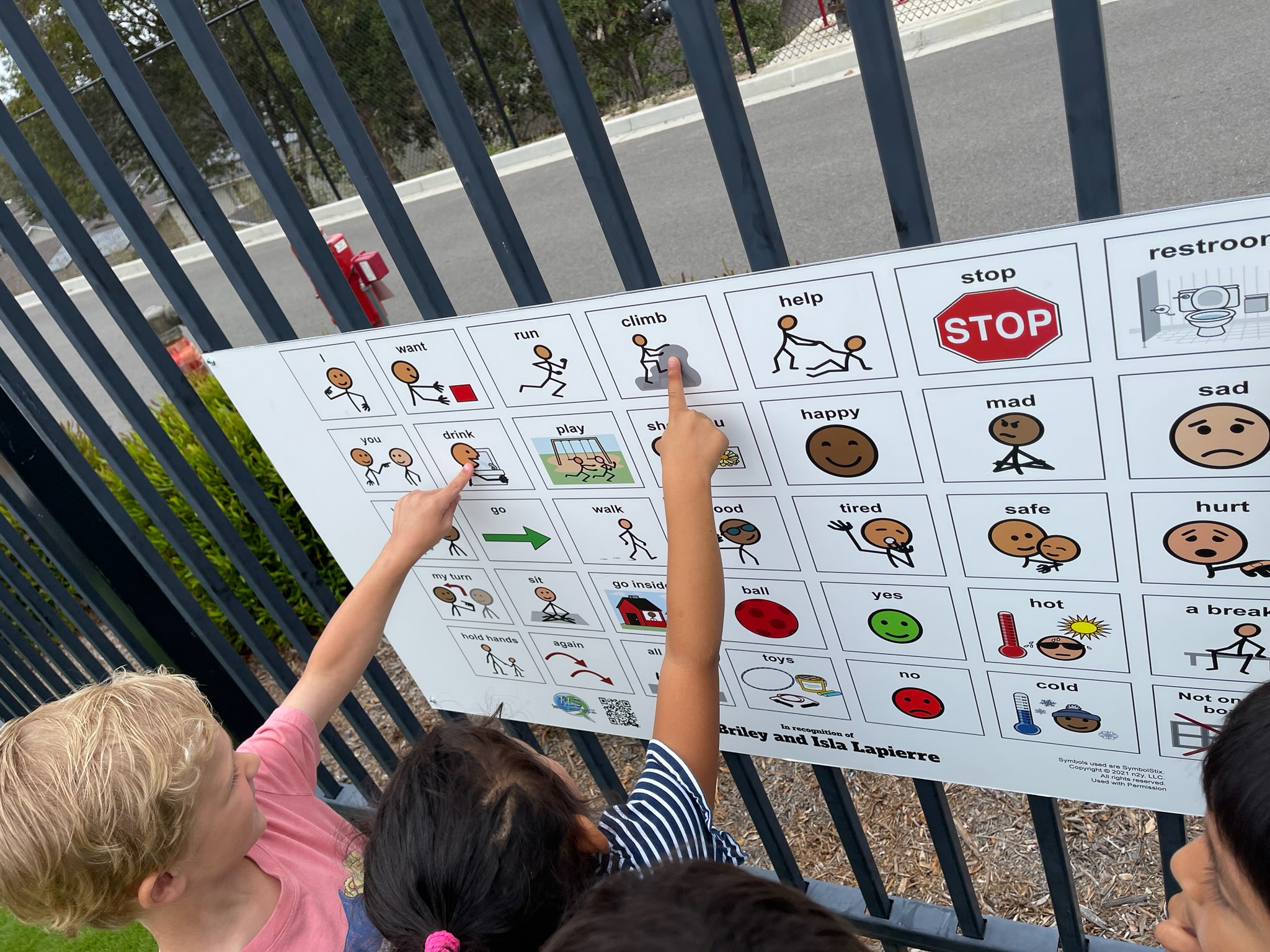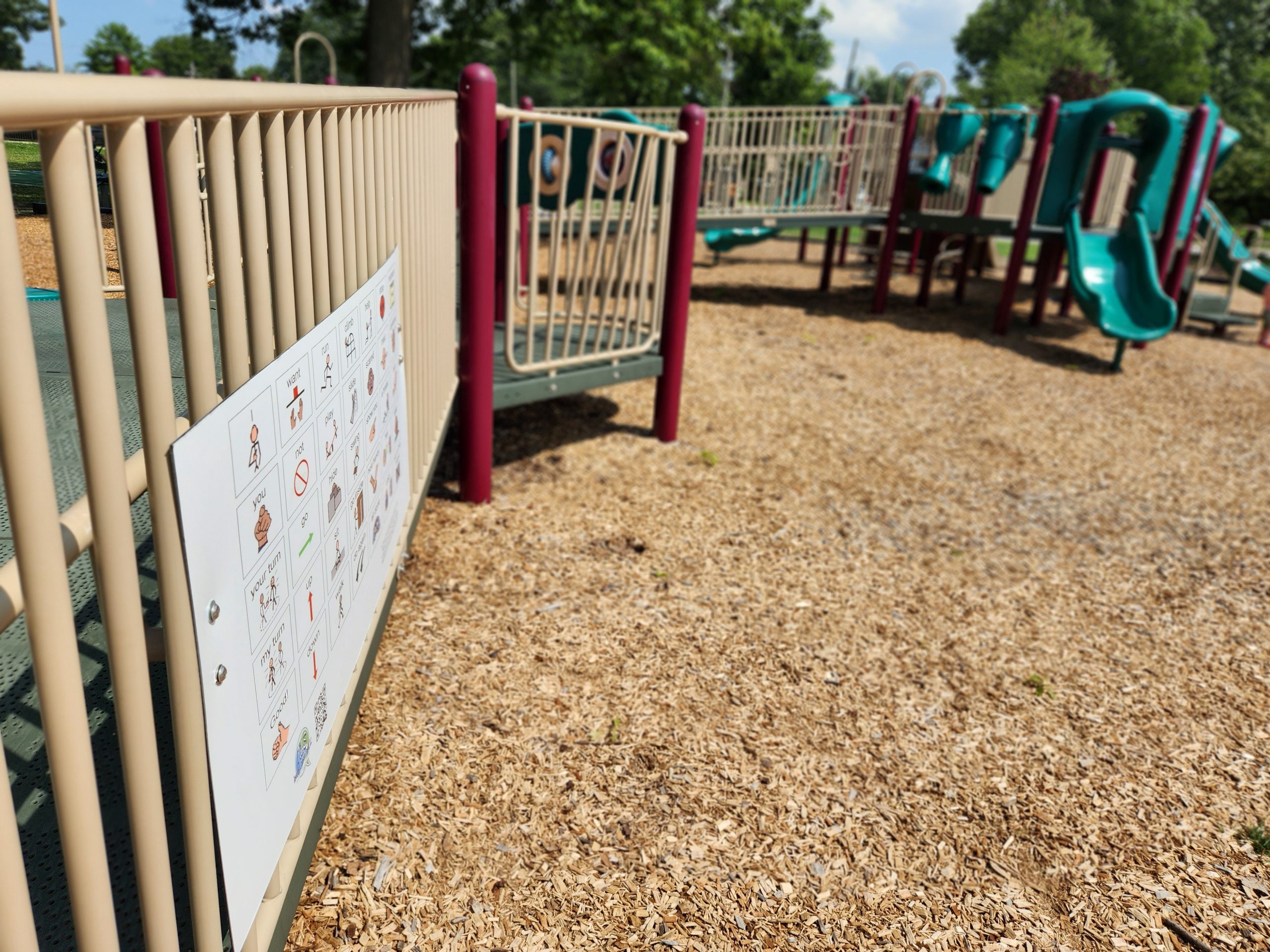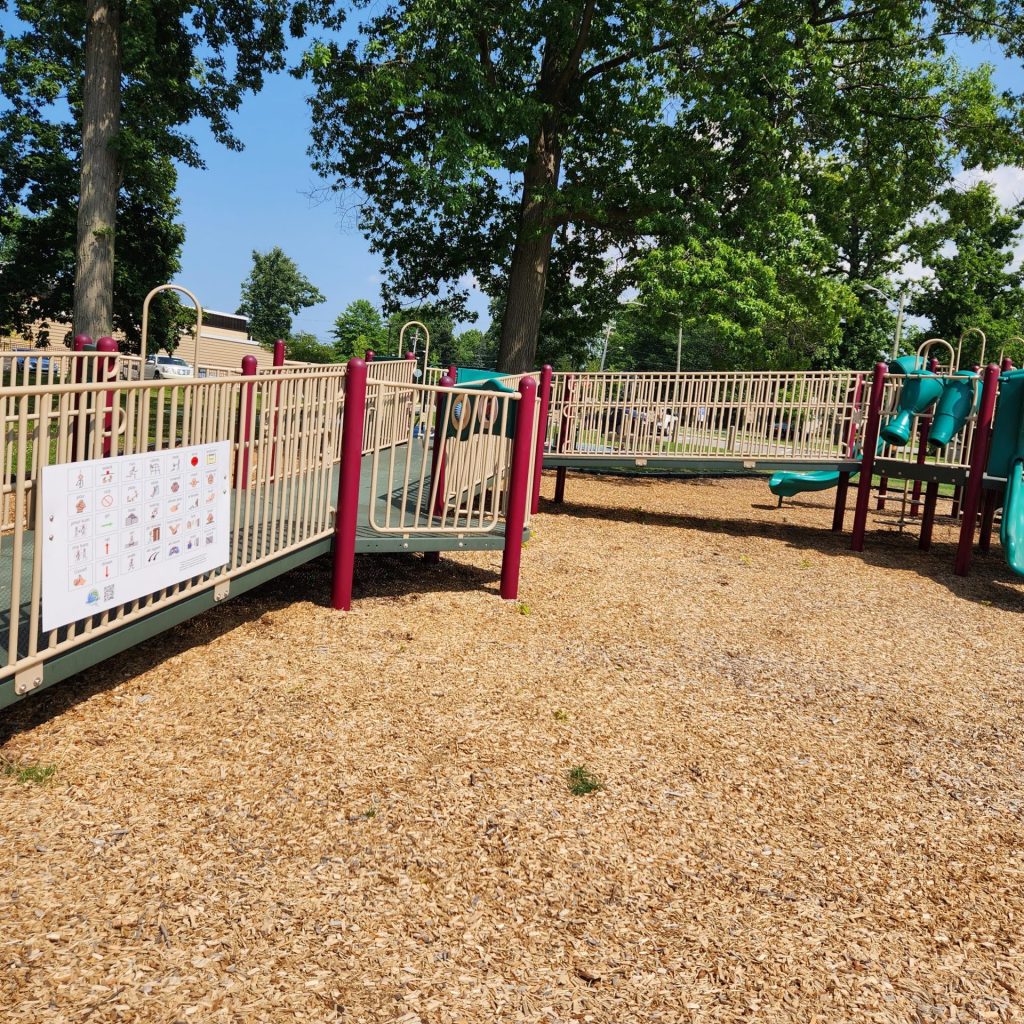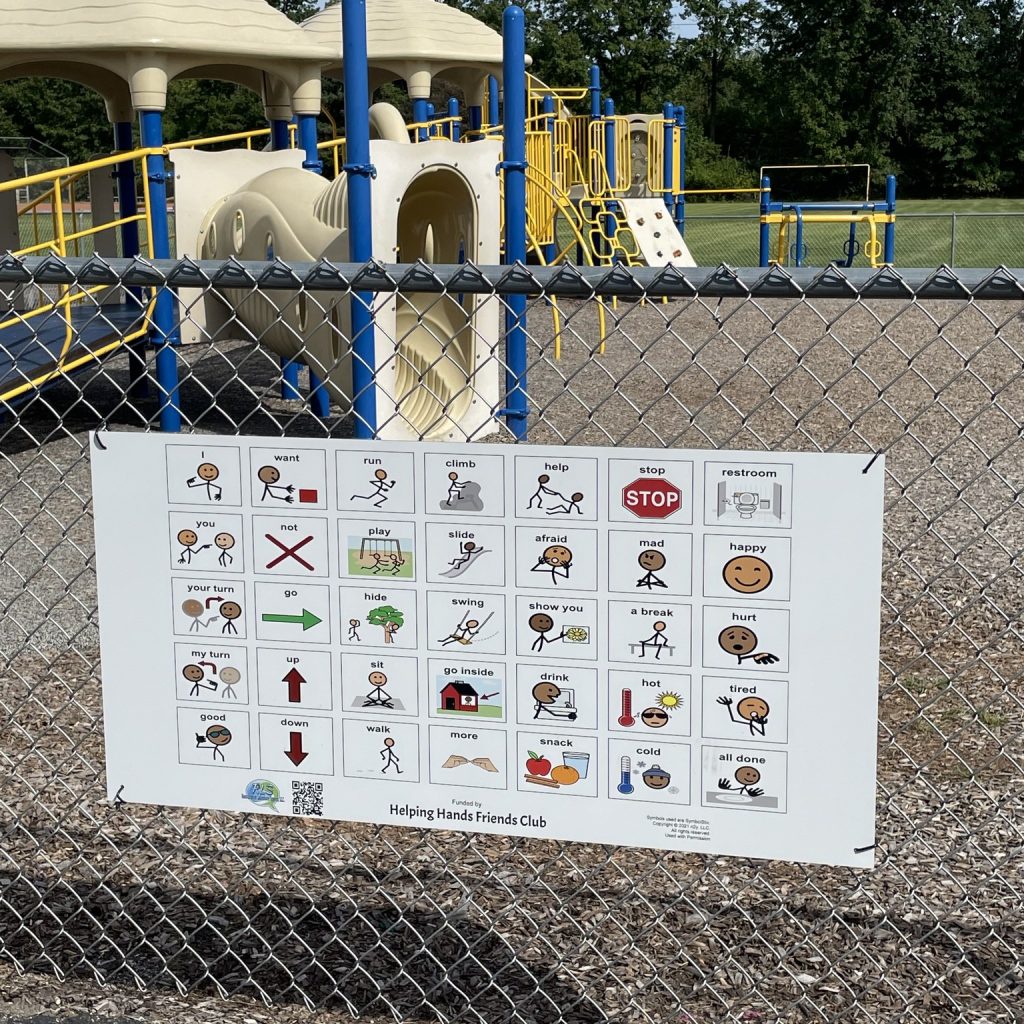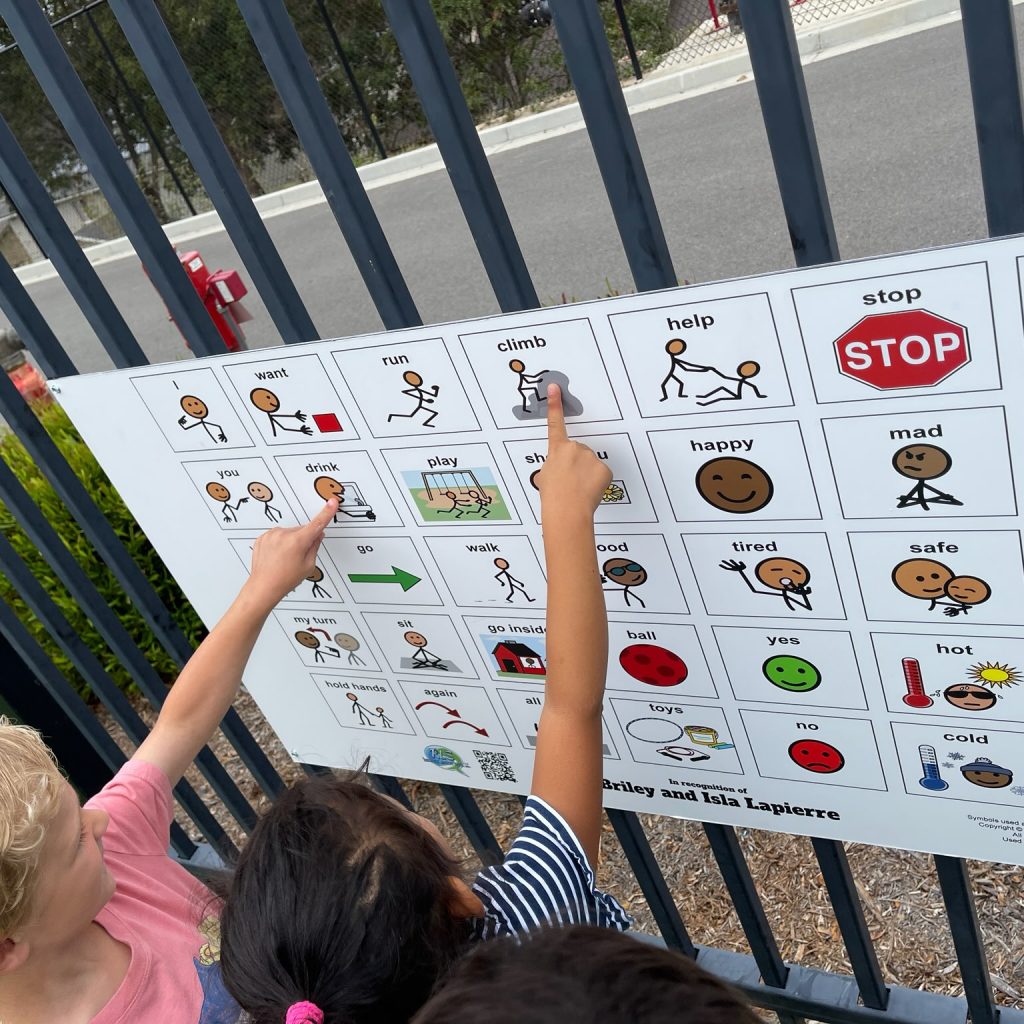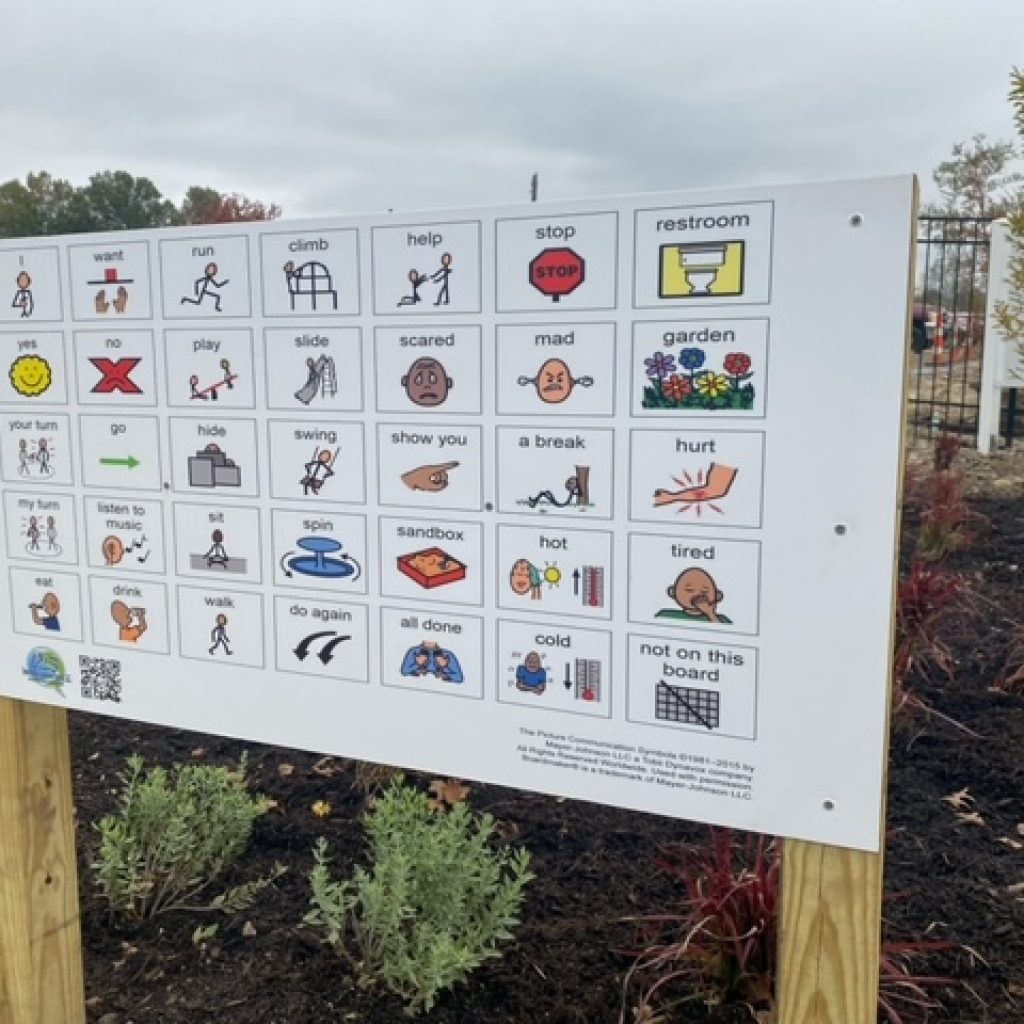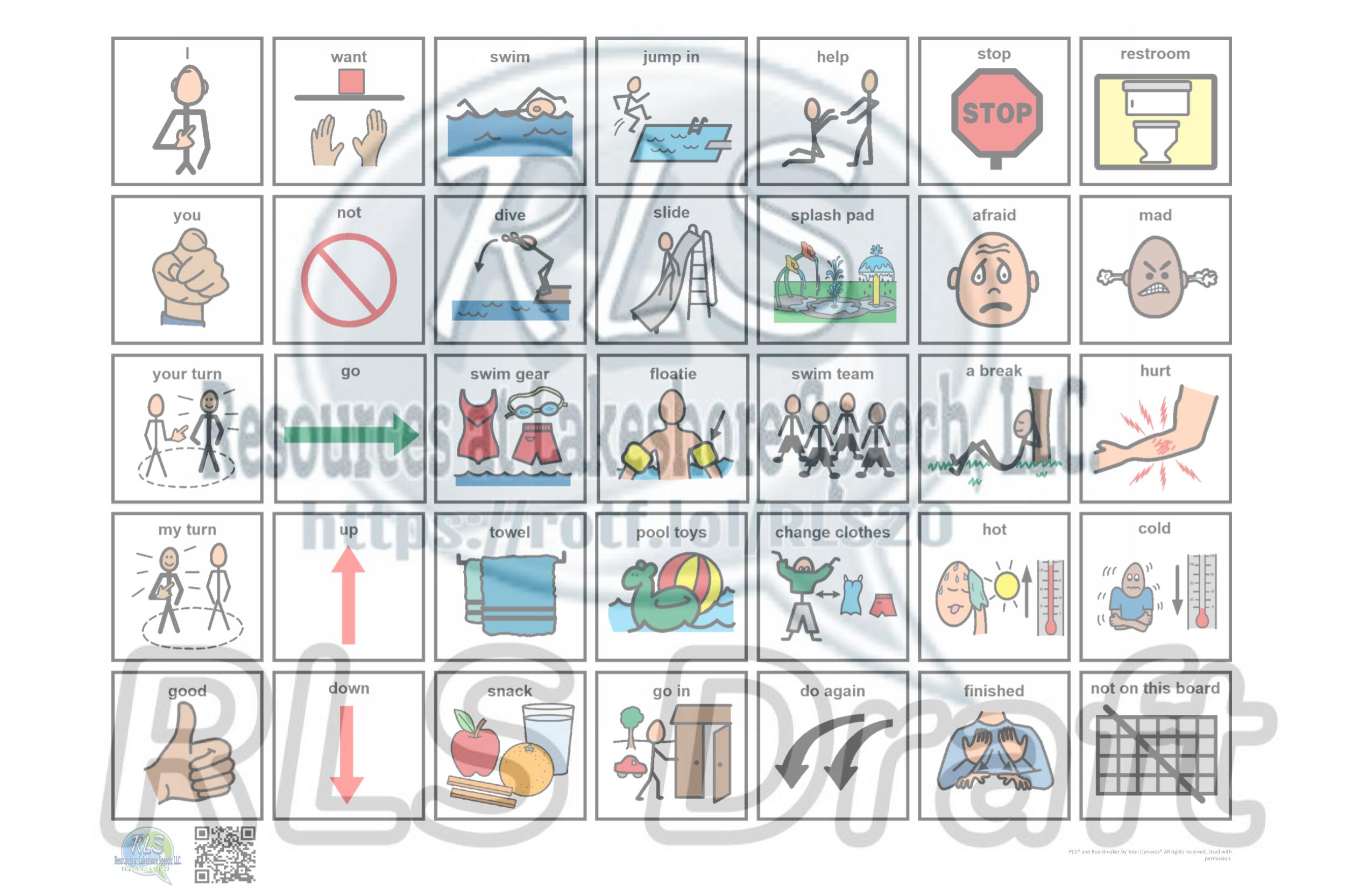Access to playgrounds in more than physical. This week’s blog focuses on access for everyone.
Continue readingDaylight Saving Time: How to Helping Children Adjust
Tips to help children adjust to the time change.
Continue readingHow To Encourage The Use of Communication Boards
In this week’s blog, learn how to model and encourage the use of communication boards to increase communication and build meaningful relationships.
Continue readingHow To Make Sure Inclusive Playgrounds Have What They Need
Inclusive playgrounds create an environment of acceptance for all children. When designing a playground it is important to include the key elements.
Continue readingFollowing Your Schedule: How to get Back on Track
Holidays can be a time when the normal routine is disrupted. It’s time to get back on track and follow your daily routine.
Continue readingHow to Get a Playground Communication Board for Your Local Playground
Days Before Christmas
Sensory-Friendly Thanksgiving
Celebrating Thanksgiving with a child with Autism may require some preparations ahead of time and on the special day to ensure a comfortable and enjoyable experience.
Continue readingCommunication Boards by the Pool
Pool communication boards can make it easier for everyone to have a good time in the pool, especially people with communication differences.
Continue readingLearning to be Social
The calendar doesn’t lie. How is it we are only 10 days away from Valentine’s Day!? With all the attention on sharing love and kindness on that day (as well as every day), we need to take a moment to pause and take into account the skills that bring people closer are really hard to learn.
Some loved ones pick up on social cues and nuances without issue and others require a very clear explanation. As parents, taking the time to frame acceptable and unacceptable behaviors for your family’s values is crucial. Society dictates a number of ‘unwritten’ rules, which makes learning these skills even more difficult for some. Providing a safe environment to discuss and process these ‘unwritten’ rules is important at every age of development. The American Speech-Language Hearing Association (ASHA) provide a nice resource for families focused on this area of speech and language.
Your friendly speech-language pathologist would be happy to help you and your family with any questions or concerns you may have related to social communication, social skills, or social pragmatics. Please feel free to give Kelly a call at 440-471-7190 to set up an appointment.
Yours in Speech,
Lakeshore Speech Therapy, LLC.
